For the second time in as many years, I’m heading off to El Paso to work with teachers as part of thinkLaw’s Critical Thinking Revolution. My training at Canutillo ISD is the first stop of my 4 cities in 4 days tour before I hit up Las Vegas, Sacramento, and Austin. And although I’m thrilled this idea that critical thinking should not be luxury good has resonated to the point where we are working with schools across the country, I’m also struggling with an undeniable reality: critical thinking is not enough.
Like so many, I spent this weekend struggling to process the outrageous act of domestic terrorism that occurred in El Paso. I closed my eyes and imagined school shopping with my two little children at Walmart. I thought about just how many times I would have to say no to my daughter as she leveraged her greatest negotiation tactics to gets me to buy items that were even more unnecessary than some of the crazy items on her already too-long list. I smiled as I thought about the reality that for us, shopping for the most basic of things turns into a long adventure of exploring random aisles, running into people we know, and presenting even more opportunities for Daddy to say no. But then, I thought about the horror of screaming, “NO” that so many of the witnesses, victims and their families felt because of the actions of the domestic terrorist who did this.
After grieving, kissing my children, and donating to the El Paso Community Foundation to help victims and their families, I thought about what else I can do. I am in a unique privilege to speak to tens of thousands of educators every single year. So, leveraging that privilege, I’ve decided to own up to the shortcomings of my work in the hopes that educators can also come to accept this truth: Critical thinking, in and of itself is not enough.
The limitations of critical thinking are not new. While attending Morehouse College, Dr. Martin Luther King Jr. rightfully noted the problems with an education focused on mere intellectual pursuits. “The most dangerous criminal may be the man gifted with reason, but with no morals.” This serves as the preface to one of his more famous quotes: “Intelligence plus character – that is the goal of true education.” It is easy to read this and conclude that what’s missing is a more intense focus on character education. But this is much bigger.
Dr. King further explained that “the complete education gives one not only power of concentration, but worthy objectives upon which to concentrate.” Education is not complete just because we give students the tools to analyze the way the world is. It is complete if, and only if we equip students with the tools they need to question the way the world ought to be. It is complete if, and only if we understand and approach our work as anti-racism work. If and only if we reject the myth of objectivity; the myth that says it is inappropriate for educators to be political. Education is inherently political. Silence at moments like these speaks volumes. And students hear this silence loud and clearly.
I am not advocating for teachers to indoctrinate students. I am expressly acknowledging, however, the limitations of our “Thinking Like a Lawyer” critical thinking framework where we ask students to make claims supported by valid and relevant evidence, analyze issues from multiple perspectives, weigh consequences, and draw conclusions based on this analysis. Because the truth is, not every issue requires this level of nuance.
We learn that 1 + 1 is 2 because it just is. And that 1 + 1 is not 3 because it just isn’t. White supremacy is wrong. It just is. Hating people because of who they are, where they were born, or the color of their skin is wrong. It just is. Being silent in the disgusting face of hate and ignorance is wrong. It just is. Less than two years ago when Charlottesville, VA hosted a coming out party for the modern-day Ku Klux Klan without the masks, I issued a call to action to educators about the urgency of responding.
Dr. King’s belief that “the arc of the moral universe is long, but it bends toward justice” was not a prayer. It was more of a pray like it all depends on God, work like it all depends on you, kind of situation. So, if you are that educator who is nervous about how to respond, scared about possibly upsetting parents and facing discipline from saying the “wrong” thing, please remember this: there is a lot of other information out there. And the interesting thing about hate is that it has much longer legs than love. When a 21-year old domestic terrorist from the Dallas region finds inspiration to commit a massacre based on another White Supremacist from New Zealand, it tells me that somehow, enough was not done to bend the arc of the moral universe. Because hate, ignorance, and violence can never be “worthy objectives upon which to concentrate.”
So, as I head out to El Paso tonight, I do so with the knowledge that part of my duty from this point on is to insist that closing the critical thinking gap is no longer enough. Sure, I want to make sure that powerful 21st century skills are not reserved only for the most elite students at the most elite schools. But I also need to be clear: critical thinking is not enough without a clear focus on using it to dismantle hate and ignorance.
The El Paso Community Foundation is collecting donations to help the families of those impacted by this senseless act of domestic terrorism. Please click here to donate.

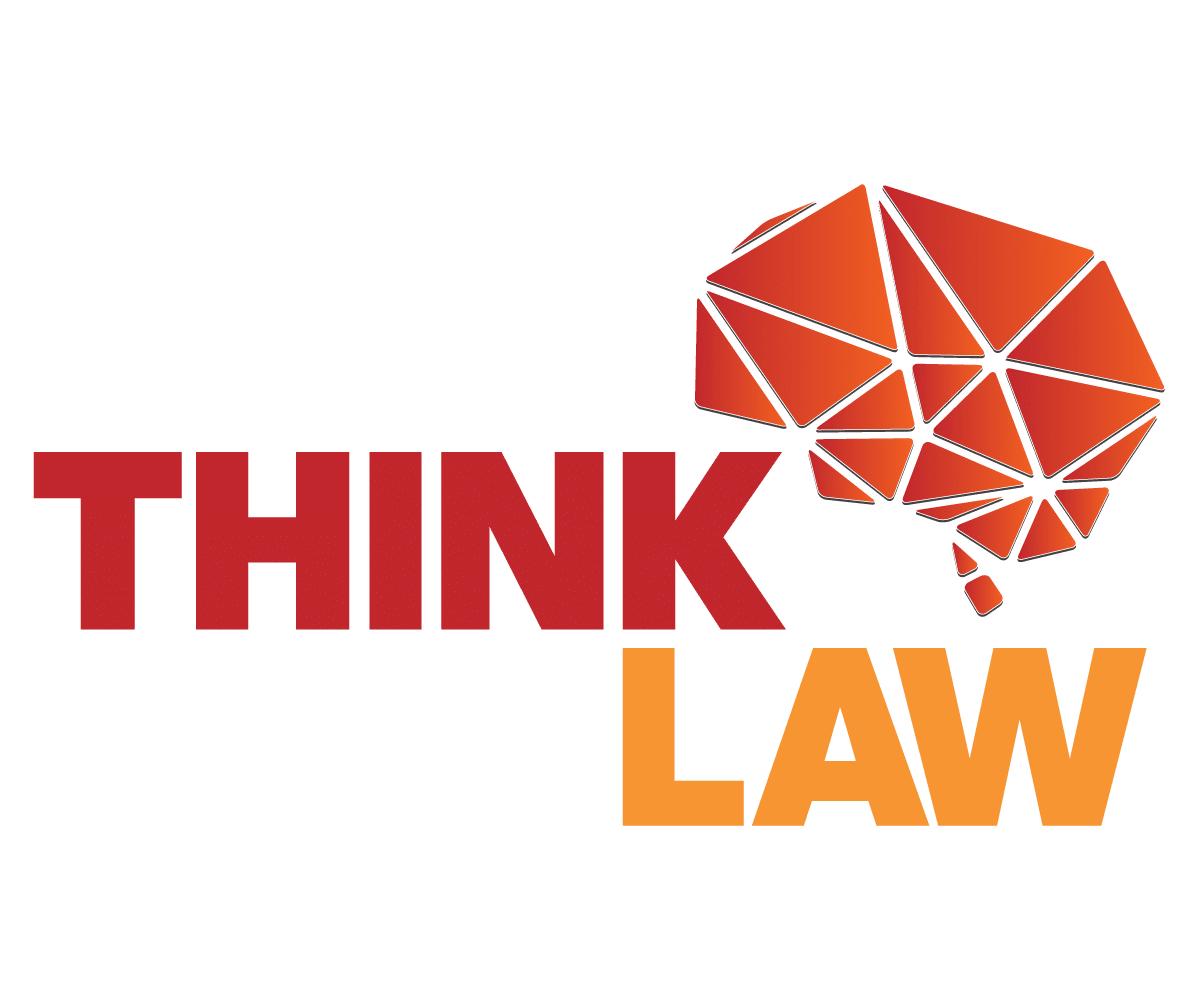
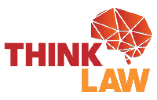

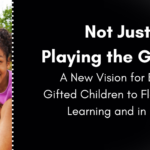
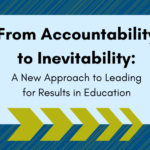
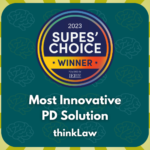
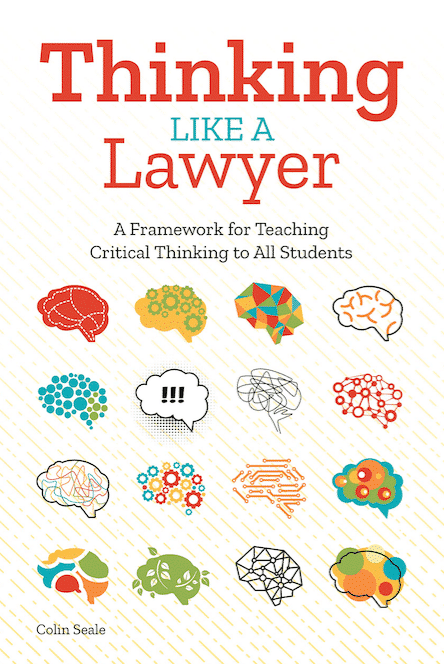
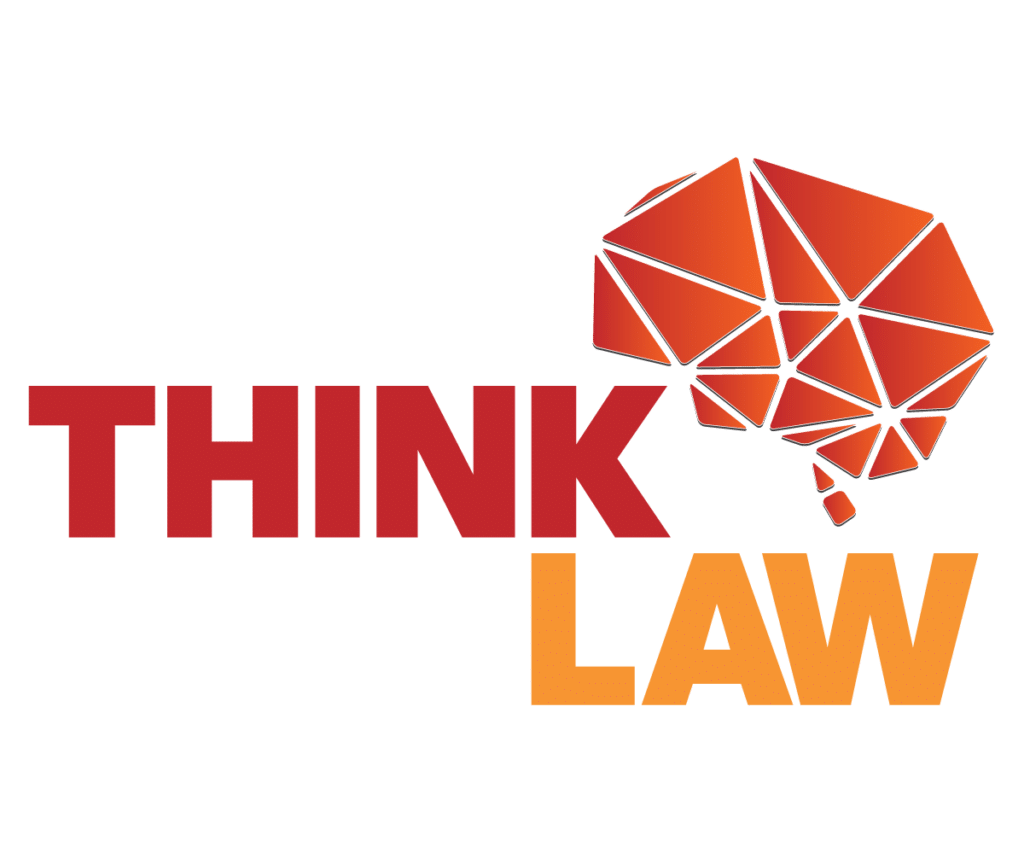
YOU are amazing!!! Thank you, thank you for sharing your personal message with us! You inspire the wonderful spirit of hope, committee to purpose with continued forwardness in movement in me!!! I agree 100% with your statement “critical thinking is not enough without a clear focus on using it to dismantle hate and ignorance”. Thank you for spreading this news to educators. Blessings and love
Dr. Beverly Mathis
Thanks a ton!
Very interesting that I came upon your reflection on this last day of 2019. I am #ElPasoStrong. The massacre happened at my neighborhood Walmart. One week later, I greeted my students on the first day of school. National and global support made that task a bit easier even though it became a kickoff to a year like no other. I appreciate your reflection and words. They are spot on! I had many similar thoughts swimming in my head as I reflected on the tragedy, and as a public school educator, I struggled with the balance in diplomacy as I drafted my Op-Ed for EdWeek.
With 2020 at our doorstep, friends of public education must continue to rise and have our voices heard. Now more than ever.